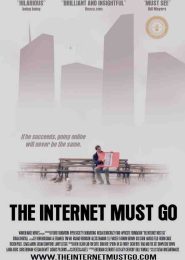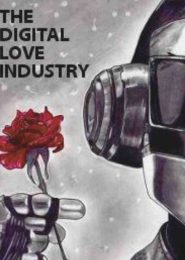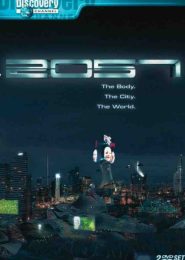The Machine That Changed the World (1992)
The Machine That Changed the World (1992), a 5-episode television series jointly produced by WGBH Boston and the BBC, unveils the history of electronic digital computers.
In the heart of the 20th century, the digital landscape was tumultuous. The Machine That Changed the World dives deep into the enigma of early computers—their intricate designs, colossal proportions, and the visionaries who shaped them.
Alan Turing, an eloquent mathematician and codebreaker, underpins this narrative. His work during World War II laid the groundwork for modern computing.
The Turing Machine—a theoretical construct—became the blueprint for electronic computers. As we unfold this legacy, we glimpse the awe-inspiring convergence of mathematics, engineering, and resilience.
The documentary navigates the birth of silicon chips—the building blocks of our digital age. From the robust Intel 4004 to subsequent microprocessors, we witness the unfolding tapestry of innovation.
These tiny chips, meticulously etched, transformed room-sized machines into desktop marvels. It’s not only about transistors; it’s about the relentless pursuit of efficiency.
The 1980s witnessed a seismic shift—the rise of personal computers. The Apple II, IBM PC, and Commodore 64 became household names.
Their bespoke designs tailored towards usability unlocked the secrets of computing for millions. It’s not merely about hardware; it’s about empowering individuals to navigate the digital realm.
As the documentary unfolds, we glimpse the emergence of the World Wide Web. Tim Berners-Lee’s vision—an interconnected tapestry of information—became reality.
The web isn’t only about data; it’s about human connections. The stark reminder here is that our suite of possibilities is boundless—an ever-evolving journey towards a more connected and robust world.
So, when it comes to understanding the machine that changed everything, let us marvel at the intricate dance of bits, bytes, and human dreams.




